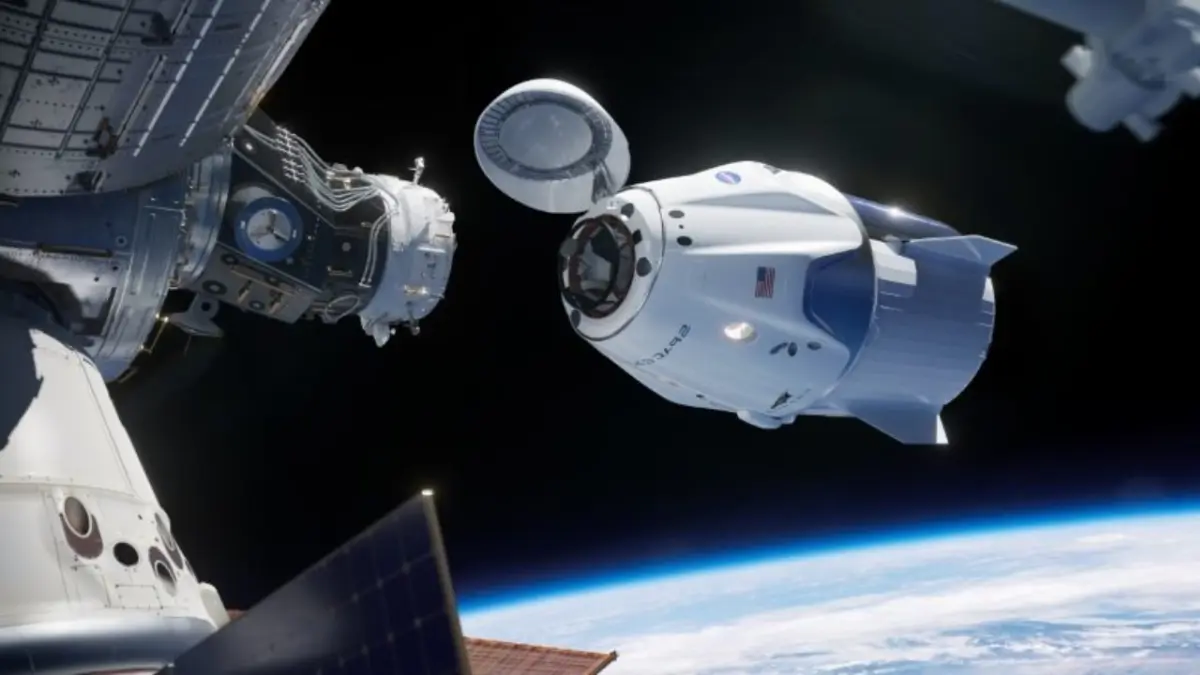
Space flights: traditional companies are struggling
The challenge between Boeing Group and Space X

Space travel is the new frontier of commercial transportation. A sector in which the main protagonists are start-ups, while the giants of the sector lag behind. Just make a comparison between the costs offered by the US Boeing and Space is dominating the cosmos travel industry.
And it matters little that on June 5, 2024 the space journey of the "Starliner" spacecraft completed. In fact, the capsule docked with the International Space Station after a 24-hour journey punctuated by problems: four helium leaks and five on-board thrusters that shut down and then turned back on again. The failures have delayed docking at the International Space Station (ISS), but above all they have made it clear that at the moment Boeing cannot undermine the SpaceX company.
It all started in 2014, when the National Aeronautics and Space Administration (Nasa) awarded Boeing (4.2 billion dollars) and SpaceX (2.6 billion) two contracts for the supply of space shuttles for the transport of astronauts on the International Space Station. A move that broke the monopoly of the Russian agency Roscosmos. In November 2020 astronauts aboard SpaceX's "Crew Dragon" capsule successfully docked with the ISS, while "Starliner" was four years late.
Complicating matters for Boeing are costs. Companies wanting to charter space capsules to send crews aboard the international orbiting station would choose to fly on the "Crew Dragon", whose seats cost half as much as the rival group. Boeing has no choice but to focus on institutional flights or lower the costs of access to space.
AVIONEWS - World Aeronautical Press Agency